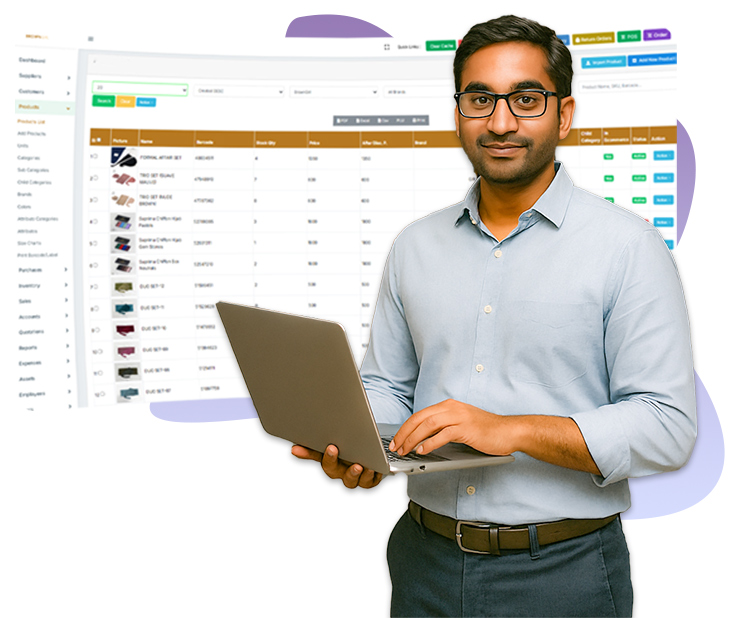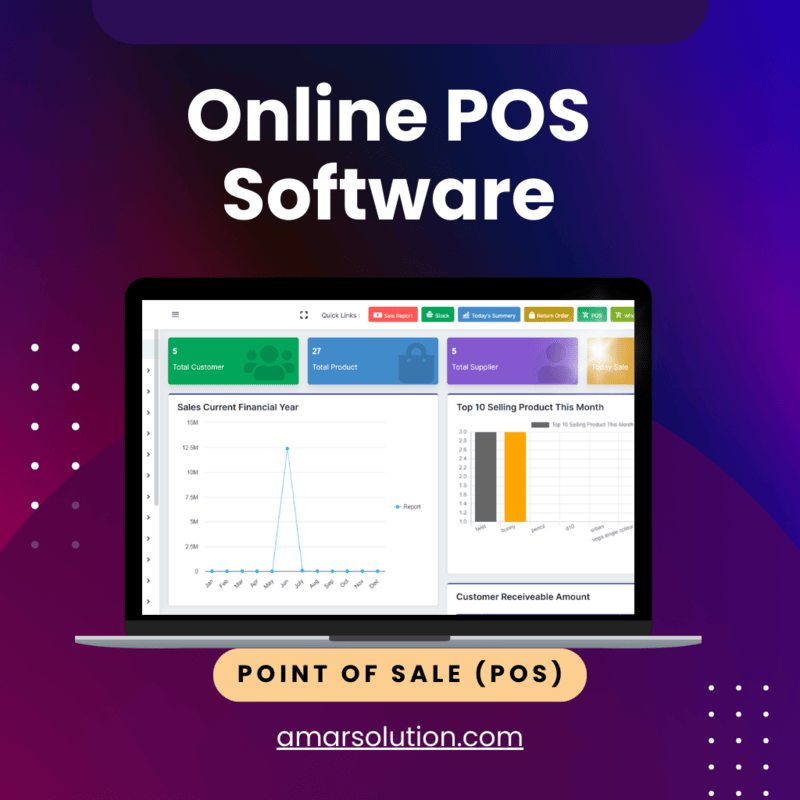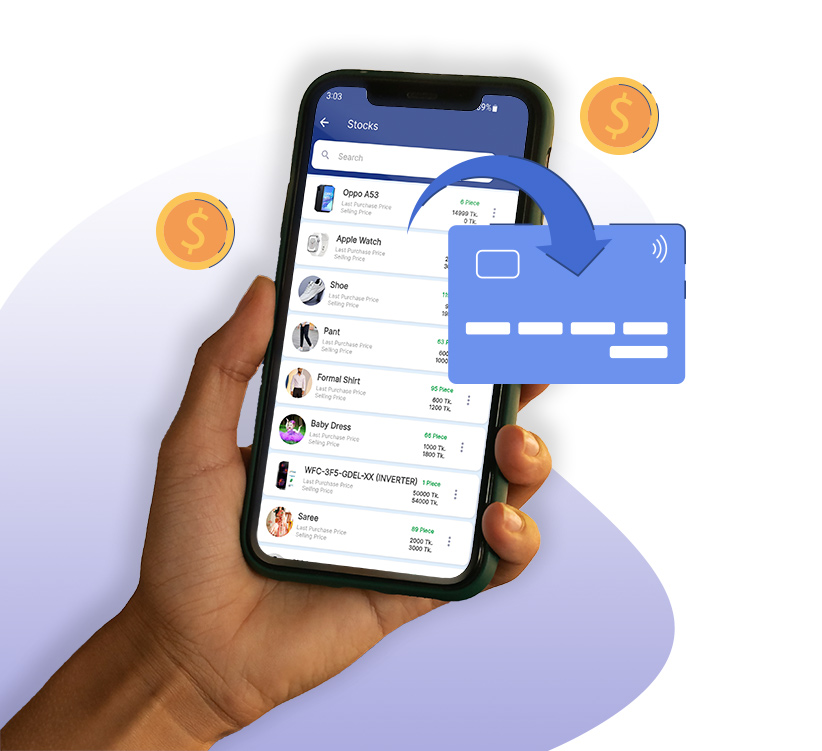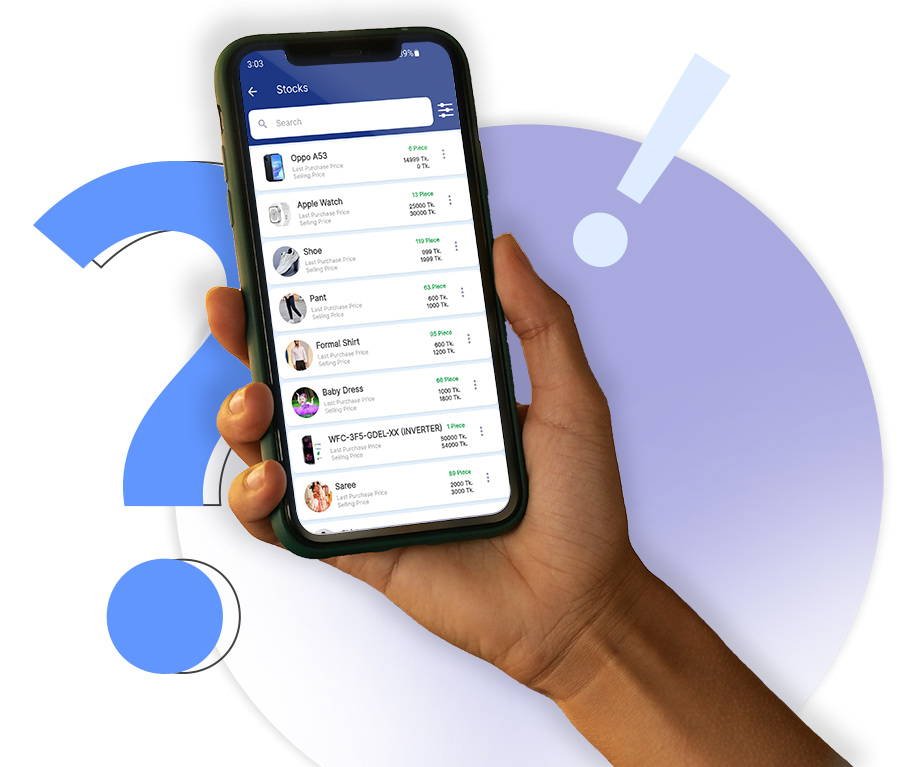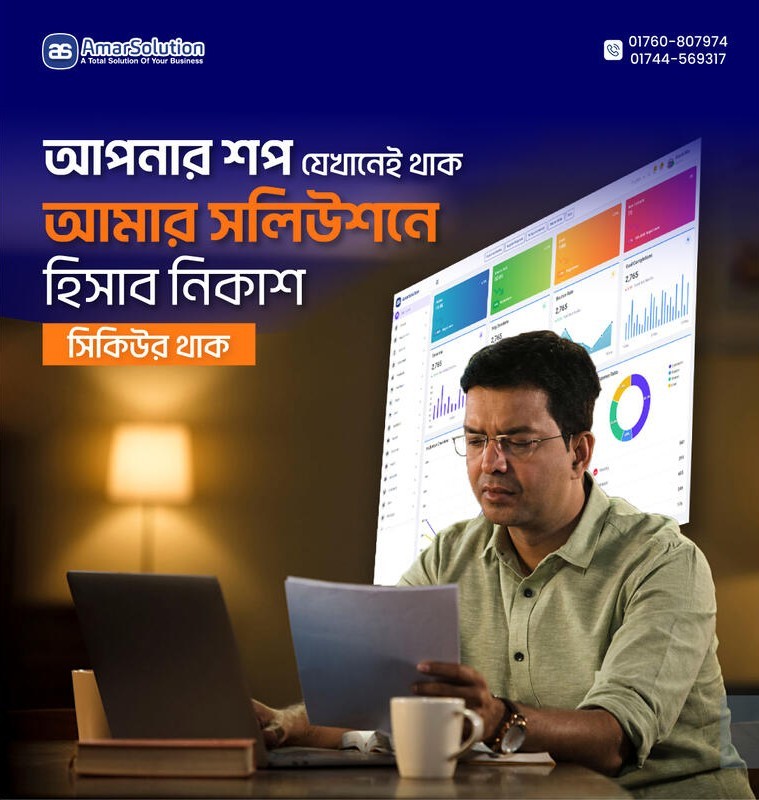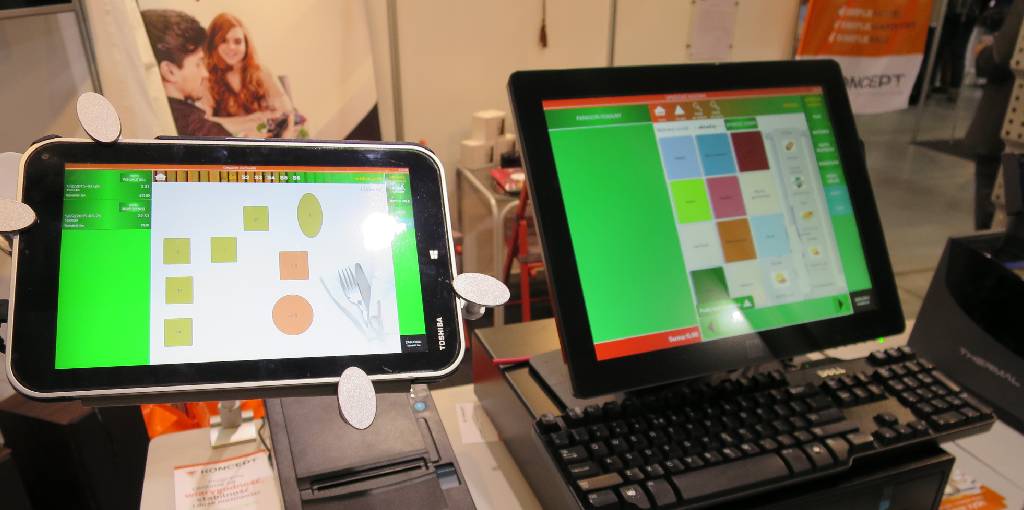Are VPNs Really Secure? Your Guide to Online Privacy
In today's digital age, protecting personal information and maintaining online privacy has become increasingly important. One of the most effective tools for achieving this is a Virtual Private Network (VPN). But how secure are these digital shields, really? Let's dive into the world of VPNs, understanding their benefits, potential pitfalls, and recommendations for top providers.
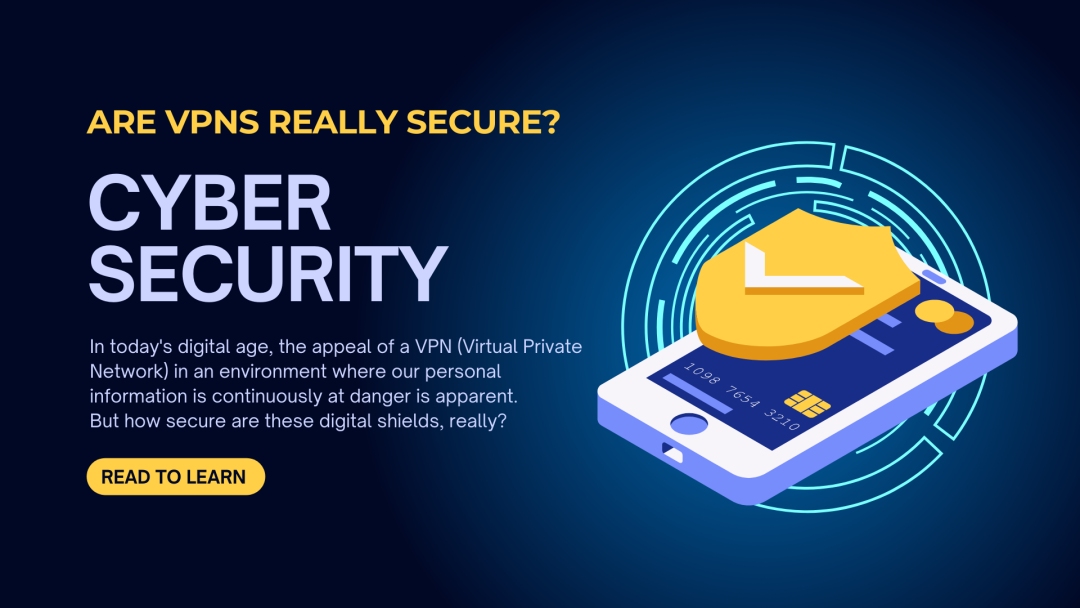
What is a VPN?
A VPN, or Virtual Private Network, creates a secure, encrypted connection between your device and the internet. It routes your internet traffic through a remote server, masking your IP address and making it appear as though you're browsing from a different location. This means your online activities are hidden from prying eyes, including internet service providers (ISPs), government agencies, and hackers.
Benefits of Using a VPN
- Privacy: Protects your online identity and prevents your browsing history from being tracked.
- Security: Encrypts your data, making it difficult for hackers to intercept.
- Unblocking Content: Bypasses geo-restrictions to access content that might be unavailable in your region.
- Public Wi-Fi Protection: Safeguards your connection on unsecured networks.
How Secure are VPNs?
VPNs offer several layers of security and privacy features, making them a crucial tool for safeguarding your online activities. Here are some key aspects of their security:
- Encryption: VPNs protect data transferred between your device and the VPN server with secure encryption protocols. This encryption makes sure that data is unreadable to unauthorized persons, even if it ever gets intercepted.
- IP Masking: A VPN stops websites and internet services from tracking your actual location and online activity by masking your IP address. This helps in safeguarding your privacy and identity.
- No-Logs Policies: Reputable VPN service providers often enforce strict no-logs rules, which means they don't save any information about your surfing history. This guarantees that there will be nothing to offer even in the event that a third party asks your information.
- Secure Protocols: VPNs utilize secure protocols such as OpenVPN, IKEv2/IPsec, and WireGuard, which are known for their robustness and reliability.
- Public Wi-Fi Protection: By encrypting your internet traffic, a virtual private network (VPN) shields you from hackers and cybercriminals who frequently target public Wi-Fi networks in an attempt to acquire personal data.
Top VPN Providers
Selecting the right VPN can be overwhelming. Here are some reputable options known for their security and reliability:
- ExpressVPN: Renowned for its speed, security, and extensive server network.
- NordVPN: Offers a combination of security, privacy, and value.
- Surfshark: Known for its budget-friendly plans without compromising on features.
- CyberGhost: User-friendly with a strong focus on privacy.
- ProtonVPN: Emphasizes security and privacy, with a free tier available.
Remember: No VPN is completely infallible. It's essential to combine VPN usage with other security practices like strong passwords, antivirus software, and staying cautious online.
By understanding the benefits and limitations of VPNs and choosing a reputable provider, you can significantly enhance your online privacy and security.
Ready to Find the Perfect POS System?
Our company provides a POS system that is both reliable and easy to use, according to the requirements of businesses of all kinds. To find out how our online POS system can help your business grow, we welcome you to check out our features, price options, and schedule a free trial.
You may read also - How a POS System Can Help Your Restaurant Business




